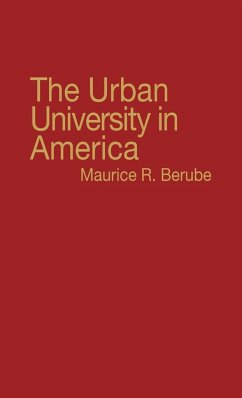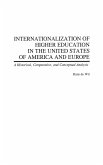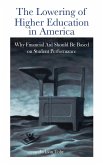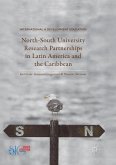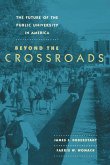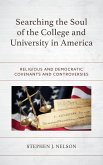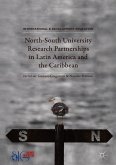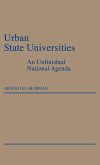Maurice Berube, a New York educational consultant, surveys the urban universities' public policies - community relations, minority admissions, urban and black studies programs - while promoting the schools' possible larger social role. Regrettably, this well-written work has not been well thought out. Nowhere does Berube define the "urban America" he says constitutes the home for a majority of Americans; in actuality, only 15.6% of the population lives in cities of more than 500,000 persons, those to which he refers most often. The stress, in fact, is on a few large cities' circumstances, with New York City (CUNY and Columbia) the overwhelming favorite. A second, less severe problem is the work's historical superficiality; apart from a pedestrian recounting of the impact of the 1862 Land Grant College Act, Berube writes of the 1960s and 1970s. He fails to note, for example, that earlier in this century such reform-minded scholars as Robert Parks and Charles Merriam strove unavailingly to convert the University of Chicago into the incubator for advances in social work that Berube would have every urban school be. No significant distinction is drawn, moreover, between privately- and publicly-supported institutions, or between the four-year school and the community college. On its own limited terms, however, the book clearly summarizes current local (chiefly New York) debates over open admission, affirmative action, and the like. (Kirkus Reviews)
Hinweis: Dieser Artikel kann nur an eine deutsche Lieferadresse ausgeliefert werden.
Hinweis: Dieser Artikel kann nur an eine deutsche Lieferadresse ausgeliefert werden.

